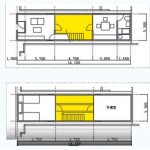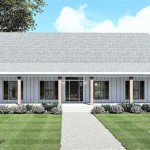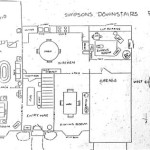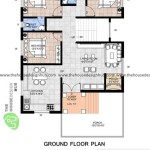Essential Aspects of Japanese Tea House Design Plans
Japanese tea houses, known as chashitsu, are tranquil spaces designed to facilitate the traditional Japanese tea ceremony. Creating a tea house design plan requires careful consideration of various elements that contribute to the overall ambiance and functionality of the space.
1. Architectural Style
Traditional tea houses follow specific architectural principles. They typically feature a square or rectangular floor plan with a thatched roof and wooden structure. The entrance is often small and unassuming, leading to a modest interior.
2. Spatial Arrangement
The spatial arrangement of a tea house is designed to promote a sense of tranquility and privacy. The central focus is the tatami (rice straw mats) floor, which serves as both a seating area and a symbolic representation of the natural world.
3. Natural Elements
Japanese tea houses emphasize the connection with nature. They incorporate natural materials such as wood, bamboo, and stone into their design. Windows are often positioned to frame specific views, allowing guests to appreciate the surrounding landscape.
4. Lighting
Lighting plays a crucial role in creating the desired atmosphere in a tea house. Natural light is preferred, but artificial lighting is sometimes necessary. Lanterns are commonly used to provide soft, indirect illumination.
5. Decor
Minimalism is key in Japanese tea house design. Decorations are kept to a minimum, allowing the natural beauty of the materials to take center stage. A simple scroll or flower arrangement may be placed as a subtle accent.
6. Tea Utensils
The tea ceremony involves the use of specific utensils, which are often displayed in a tea house. These utensils include tea caddies, teacups, and flower vases. Their placement and arrangement contribute to the overall aesthetics of the space.
7. Garden
A Japanese tea house is often accompanied by a garden, known as a roji. The garden serves as a transitional space, preparing guests for the tranquility of the tea house. It may feature stone paths, lanterns, and carefully placed plants.
Conclusion
Japanese tea house design plans encompass a combination of architectural principles, natural elements, and aesthetic considerations. By carefully planning each aspect, a tea house can become a space that fosters harmony, serenity, and a deep appreciation for the beauty of the present moment.

Japanese Tea House Plans

Japanese Tea House Plans

Pin By Mohammad Sheikh On Kitchen Ergonomics Traditional Japanese House Tea Floor Plans

Japanese Tea House Architecture Of Ultimate Spiritual World Patterns Design

Trynagoal Tea House Nano Lucky Interior Design Archdaily

Initial Teahouse Plans And Design Japanese Tea House

Tea House In Tadotsu Takashi Okuno Associates Archdaily

View Japanese House Design Floor Plan Images Tea

Tea House Plans Wood S Creative Builders

Japanese Tea Houses All You Need To Know About Chasu








